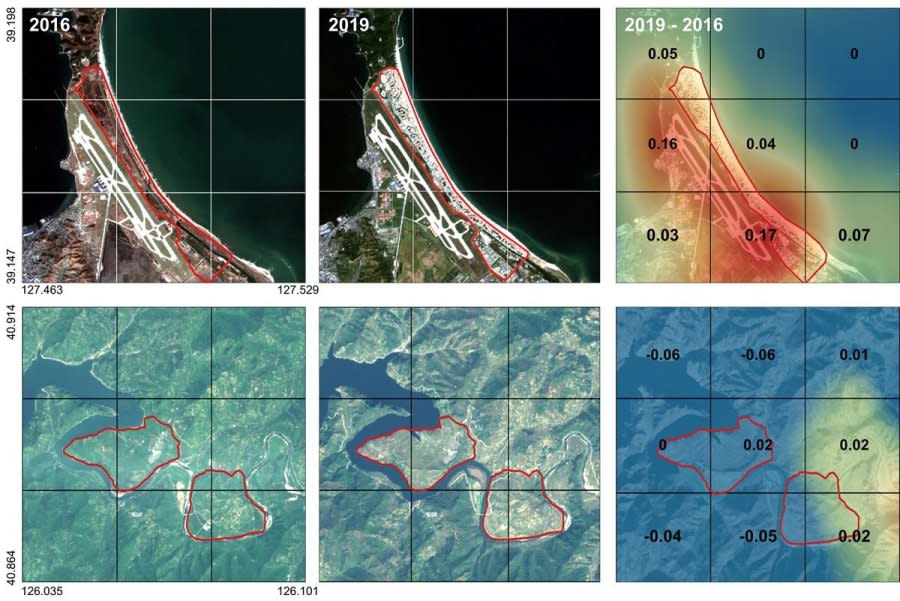AI model estimates state of economy in North Korea, other reclusive countries

SEOUL, Nov. 22 (UPI) -- An international team of scientists has succeeded in using an artificial intelligence model to estimate socioeconomic situations of difficult-to-visit, information-scarce countries such as North Korea.
The team, headed by Professor Cha Mee-young of Korea Advanced Institute of Science and Technology, said Tuesday it had taken satellite images produced by the European Space Agency to come up with the findings.
Researchers from the Hong Kong University of Science and Technology and the National University of Singapore also took part in the project.
Using visual data, an autonomous machine learning AI developed a dedicated model that could approximate the socioeconomic situations of countries that lack verifiable and/or official data.
Based on the information provided by the AI model, the team was able to predict economic index scores of six underdeveloped countries: North Korea, Nepal, Laos, Myanmar, Bangladesh and Cambodia.
The AI model also compared satellite pictures of North Korea from 2016 and 2019, concluding that the country focused on the development of big cities like Pyongyang instead of rural areas during a period when the country was suffering from heavy international sanctions amid worries over its nuclear ambitions.
North Korea was also found to have concentrated its development effort on new economic and tourist zones at the expense of more traditional industrial cities.
"Existing AI algorithms require ground-truth data. Such data are scarce or even absent in many countries, with some not even having a population census," Cha told UPI News Korea.
"Our human-machine collaborative model predicts grid-level economic development using publicly available imagery and lightweight subjective ranking annotation without any ground data," she said.
Cha expected the new AI algorithm could also be utilized for gathering information about other global issues such as carbon dioxide emissions, natural disasters and climate change.
The research was featured in the journal Nature Communications on Oct. 26.

